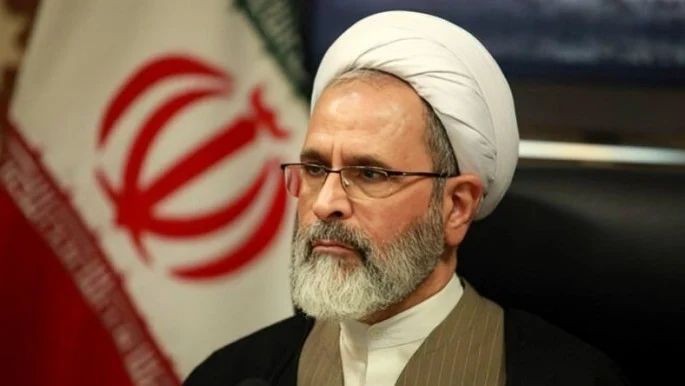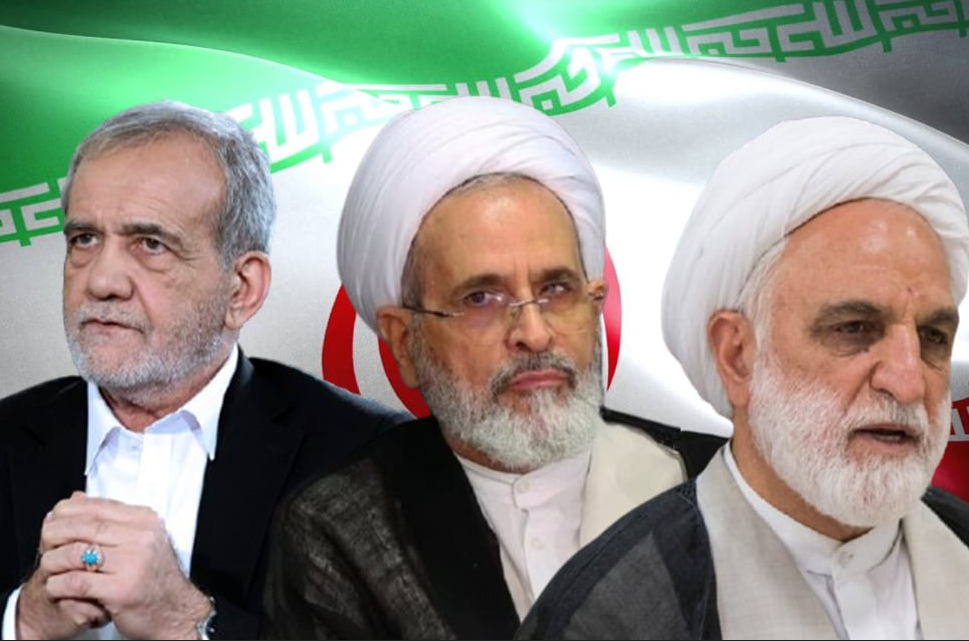Australia has not yet recognized Palestine, but has taken a new step that could lead to future recognition. Unlike the United Kingdom, which plans to recognize Palestine at the United Nations in September, Australia is moving cautiously.
In a recent joint statement with 14 countries, including some that already recognize Palestine, Australia welcomed key commitments from the Palestinian Authority (PA). These commitments could open the door to official recognition.
The Palestinian Authority has called for Hamas to disarm and release hostages. It has also promised to hold new elections within a year. These conditions were highlighted earlier this week by Prime Minister Anthony Albanese and Foreign Minister Penny Wong as important for any recognition.
Prime Minister Albanese told reporters that these steps by the PA represent “a very significant step forward.” He added that Australia is still talking with its allies to find the right path forward. However, he did not give a clear timeline for recognition, saying it is not “imminent.”
Albanese said the focus is on creating the right conditions to support a two-state solution, rather than rushing to make a political statement. “The timeline is not what we’re looking at. What we’re looking at is the circumstances where recognition will advance the objective of the creation of the two states,” he said.
The UK recently announced its plan to recognize Palestine during the UN General Assembly in September, unless Israel makes progress to end the war in Gaza. This announcement came after hints from British ministers that Australia might act in coordination with its allies.
Although neither Prime Minister Albanese nor Foreign Minister Wong has publicly responded to the UK’s move, Labor MP Ed Husic urged Australia to join the growing “moral momentum” for recognition. He said Australia should consider aligning with countries like the UK and France in showing readiness to recognize Palestine, while still keeping necessary conditions in place.
Albanese confirmed he has been in contact with British officials and will speak with UK Prime Minister Keir Starmer soon. While no direct changes in Australia’s stance were announced, the prime minister expressed hope that the Gaza conflict might eventually create an opportunity to make progress on peace.
“Sometimes out of a crisis comes a moment of opportunity to advance in a real way, advance for Israelis and Palestinians,” Albanese said.
Last week, France became the first G7 nation to move toward recognizing Palestine, announcing its intention to do so at the September UN meeting. Along with Australia, France joined New Zealand, Canada, Spain, Norway, and Ireland in signing the recent statement supporting Palestine recognition. The UK did not sign this statement.
The joint statement says all signatories either recognize Palestine or are considering recognition. It calls recognition “an essential step towards the two-state solution” and invites all countries yet to recognize Palestine to join this effort.
The statement also urges countries without normal relations with Israel to establish them. It starts by condemning the October 7 terrorist attack and calls for an immediate ceasefire along with the unconditional release of all Hamas hostages.
The statement reaffirms a strong commitment to the two-state solution. It stresses the importance of uniting the Gaza Strip and West Bank under the Palestinian Authority.
However, some Australian coalition politicians oppose rushing recognition. Finance spokesperson James Paterson said Australia should only recognize Palestine at the end of a peace process.
“Premature recognition of a Palestinian state before Hamas has been dismantled, before the Palestinian Authority recognizes Israel’s right to exist, before they give up their aims of using terrorism to abolish the Israeli state, I think would be extremely counterproductive,” Paterson told ABC Radio.
Regarding humanitarian concerns, Albanese recently criticized Israel’s claim that there is “no starvation in Gaza,” calling it “beyond comprehension.” He previously said Israel was “quite clearly” breaching international law.
Opposition Leader Sussan Ley has not made similar statements. Meanwhile, Senator Paterson acknowledged credible reports of starvation and suffering in Gaza but said he cannot independently verify the situation due to Hamas’s presence.
“Clearly, there is very serious suffering happening in Gaza. I think it’s also clear that Hamas is weaponizing that for their aims,” Paterson said. He also said Israel, as the controlling military power in the region, should ensure food reaches the people of Gaza.
Australia’s position remains cautious. It supports the two-state solution and welcomes steps by the Palestinian Authority, but has not committed to formal recognition of Palestine yet. The government continues to work with allies while emphasizing the importance of peace and stability in the region.







